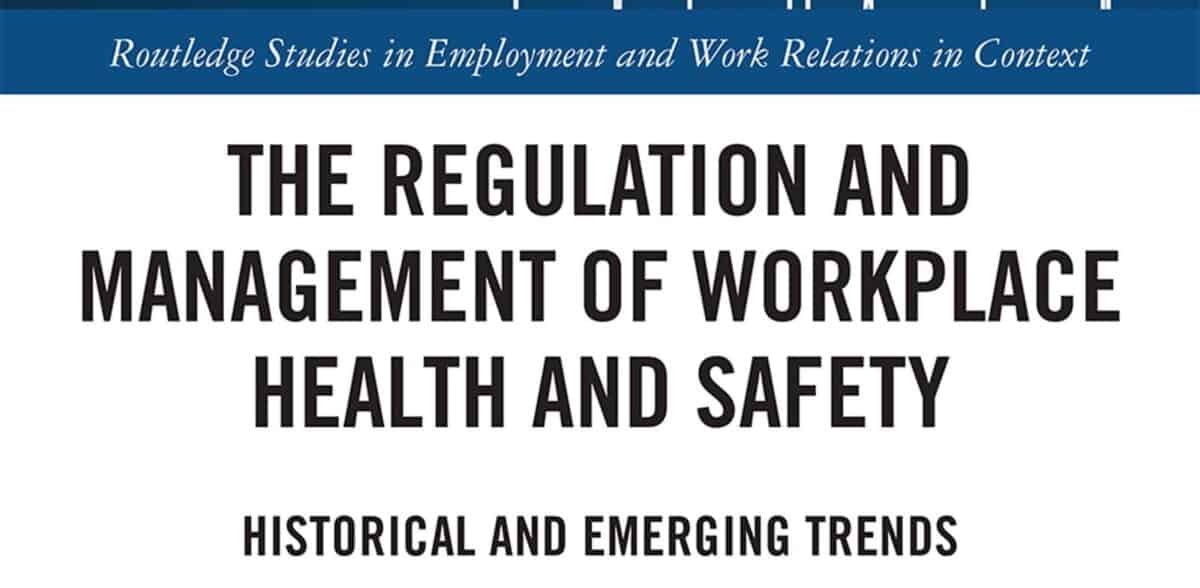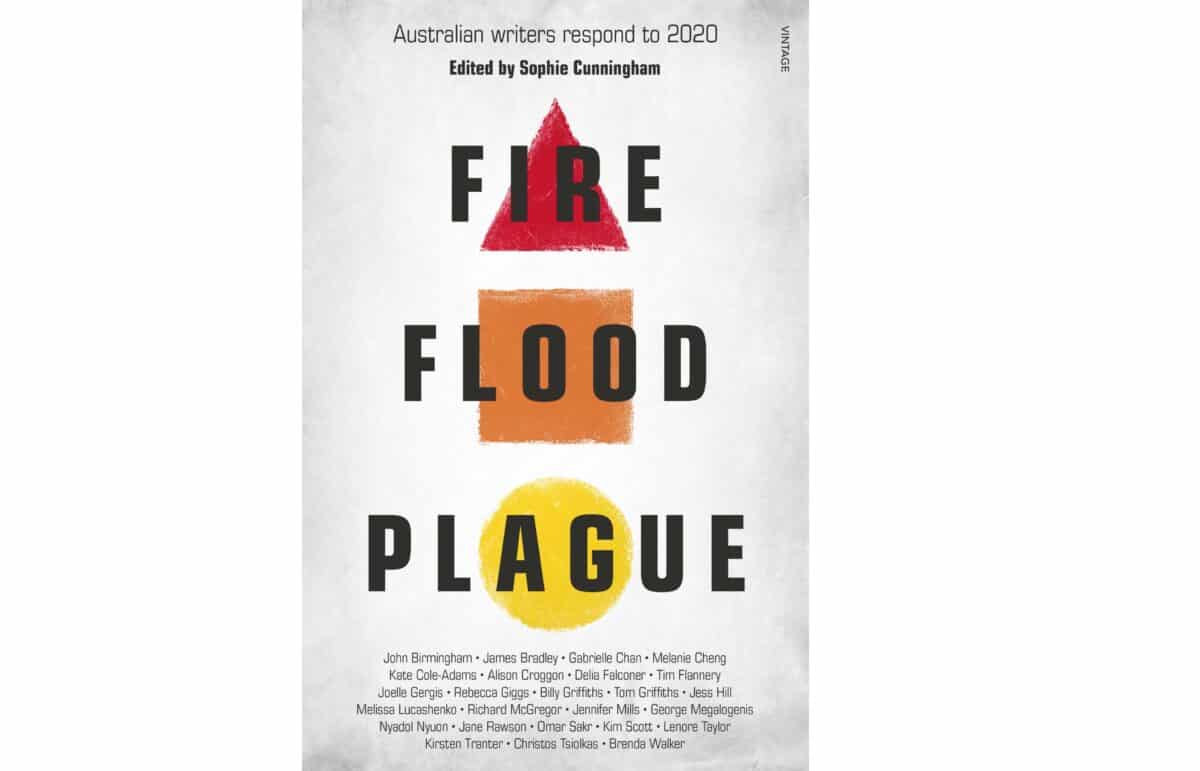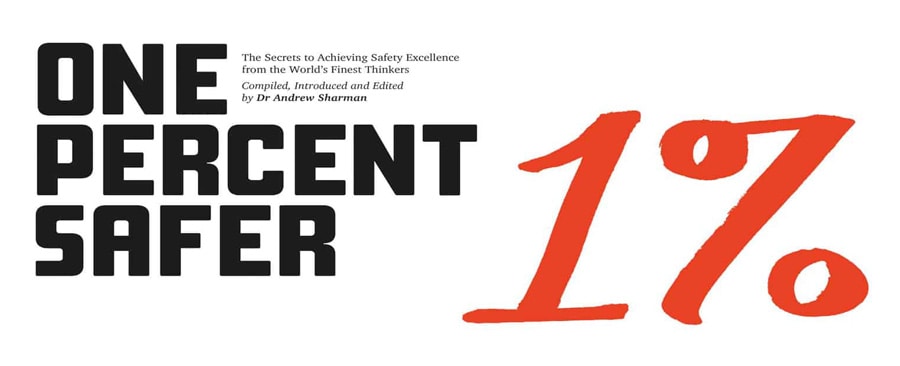The Australian Institute of Health and Safety has released a new chapter of its Body of Knowledge project. This chapter is about occupational health and safety management systems. It offers a useful perspective but also identifies several of the general shortcomings of the BoK project.
Category: book
Some OHS approaches need the Industrial Relations touch
Several years ago, there was a proposal to produce a book of research linked to the work and themes of Professor Michael Quinlan. That book became “The Regulation and Management of Workplace Health and Safety“, and I recently obtained an affordable copy for my Summer break. (An excellent book review has been written by Eric Tucker on which this article is based)
There are many labour and industrial relations concepts in the book, many that I had to look up – pluralism, unitarism, politicalism. Read enough industrial relations (IR) research papers, and these terms might become second nature, but occupational health and safety (OHS) texts (what few there are of them) seem simpler and blander, generally avoiding the politics of work and therefore the politics of safety. Most of the recent OHS books seem to be dominated by Leadership and neuroscience *.
Fire Flood Plague OHS
2020 is a year of continuing social change, so a book of essays that reflects on 2020 seems a little presumptuous. But just because we are in a state of social flux does not mean we must wait for stability before examining the process of change.
This December Random House Penguin will publish “Fire Flood Plague“, a collection of essays from prominent Australian writers about what Tim Flannery calls the three catastrophes:
“…the unprecedented, climate-fuelled megafires that were extinguished by damaging, climate-influenced floods. Then, in March, the COVID-19 pandemic…..”
page 69-70
There are some parallels between how people responded to these disasters and how workplace safety and health is managed. But more than that, the essays provide an insight into how others feel about what is happening, and these writers’ thoughts will reflect the thoughts of those with whom we work, with those we are obliged to manage and with those whose physical and mental welfare we are obliged to improve.
Half of One Percent Safer
This blog should be an indication that brevity does not come naturally to an occupational health and safety (OHS) professional. (Imagine the struggle of an OHS academic!!) Dr Andrew Sharman asked 137 OHS thinkers to provide a 500-word chapter each, essentially a page, about workplace health and safety. His new (very limited edition) book, “One Percent Safer“, includes text, cartoons, single paragraph quotes, graphics but most of all some much-needed wisdom. Not as much as one would have hoped, if you have been involved with OHS for a few years, but plenty for the newbie or, hopefully, a lot for the businessperson who struggles with this “safety stuff”.
Change big things, little things benefit
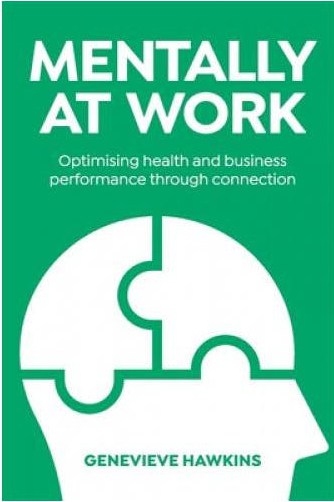
I bought Genevieve Hawkins’ self-published book “Mentally at Work – Optimising Health and Business Performance through Connection” because I have met Genevieve at various Australian occupational health and safety (OHS) conferences and wanted to know her thoughts.
Her book is about an increasingly important element of OHS – psychological harm – and reinforces the Human Resources (HR) approach to mental health at work which is based around Leadership and Psychology. This HR perspective is the dominant approach to mental health at work in Australia, but it largely omits the organisational and cultural context of mental health. As such, the book will be popular with those whose perspectives it reinforces, but it misses some important OHS and research perspectives about harm prevention.
Book Review – Safety Sucks
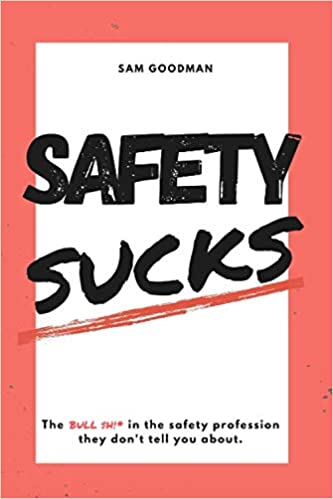
Several occupational health and safety-related books have been self-published over the last couple of months. They are from a mix of authors, some may be familiar to OHS professionals. The books are
- Sam Goodman’s “Safety Sucks – The bullshit in the Safety Profession They Don’t Tell You About“
- Genevieve Hawkins’ “Mentally at Work – Optimising Health and Business Performance through Connection“
- Debra Burlington’s “Impactful Leadership – One Conversation at a Time“
These will be reviewed over a series of blog articles. Safety Sucks is up first.
As if you don’t have enough to read…..

Congratulations to Peta, Tim and Glenn who will be receiving a copy of Tom Doig’s book on the Hazelwood mine fire, after being the first few to purchase a discounted subscription to SafetyAtWorkBlog.
Watch out for more short-term “flash” sales in the future.


